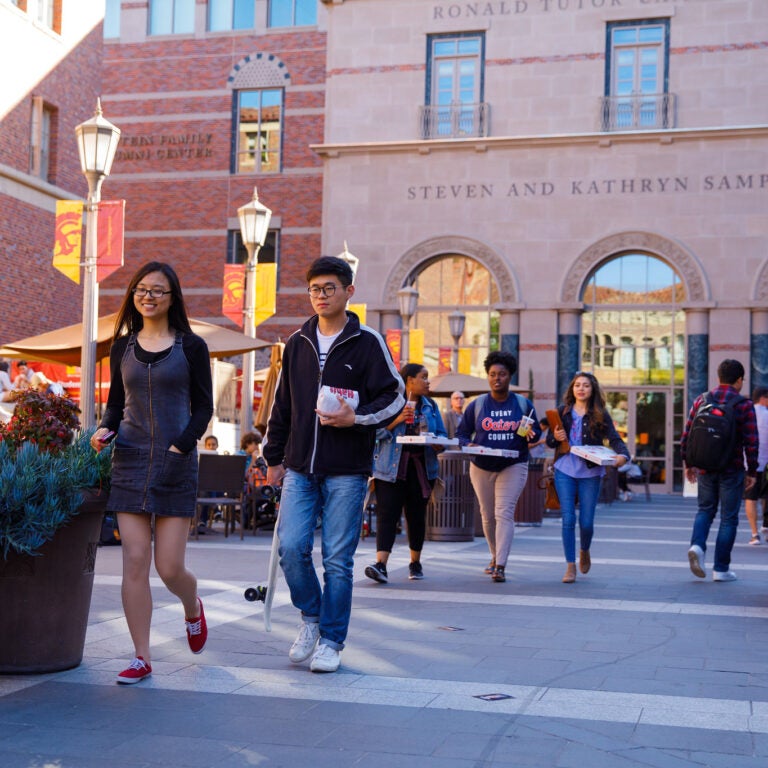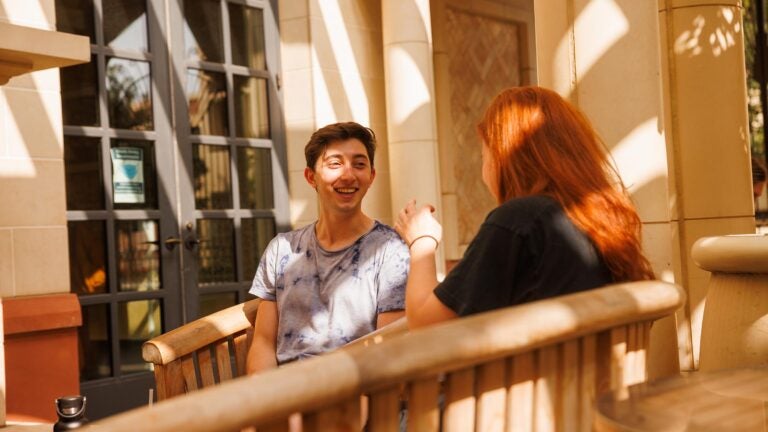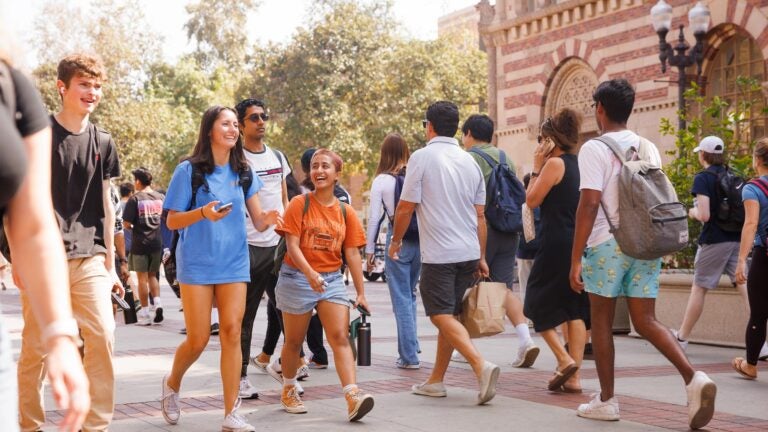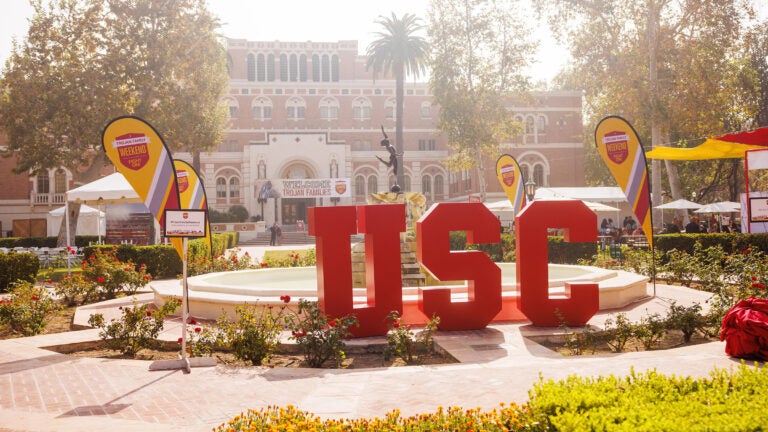Campus Tours
We invite you to experience what makes USC so special. Visit our beautiful University Park Campus by joining a student-led campus tour or taking a self-guided tour. Add one of our admission and/or academic information sessions to your program to learn more about our admission process and requirements. Can’t make it to campus? Enjoy USC from the comfort of your home with our immersive online tour.
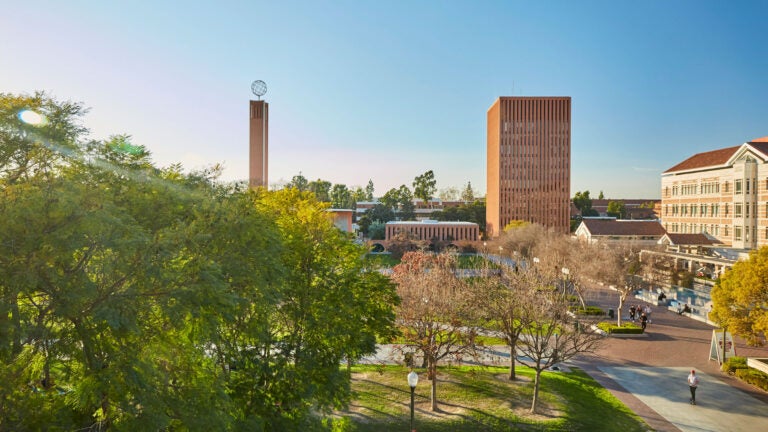
How to Apply
Explore these pages to learn more about what it takes to be a successful applicant to USC.
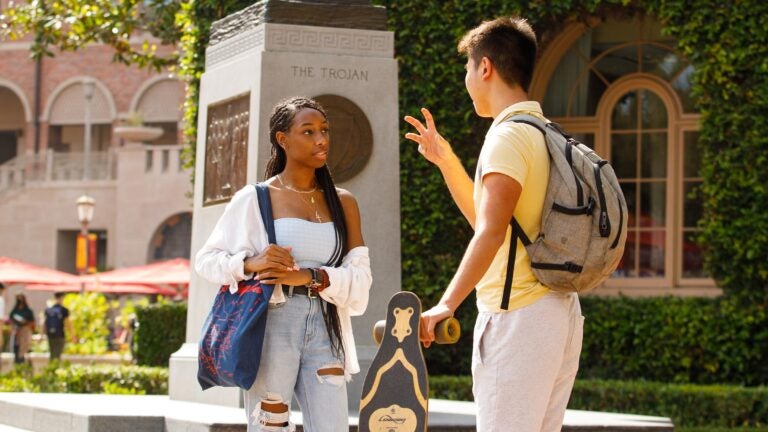
Learn more about USC
There are many ways to find out more about your opportunities at USC. Stay up-to-date with our application and admission process, as well as campus news and events.
Connect with Us
Visit Us
Request for Information
